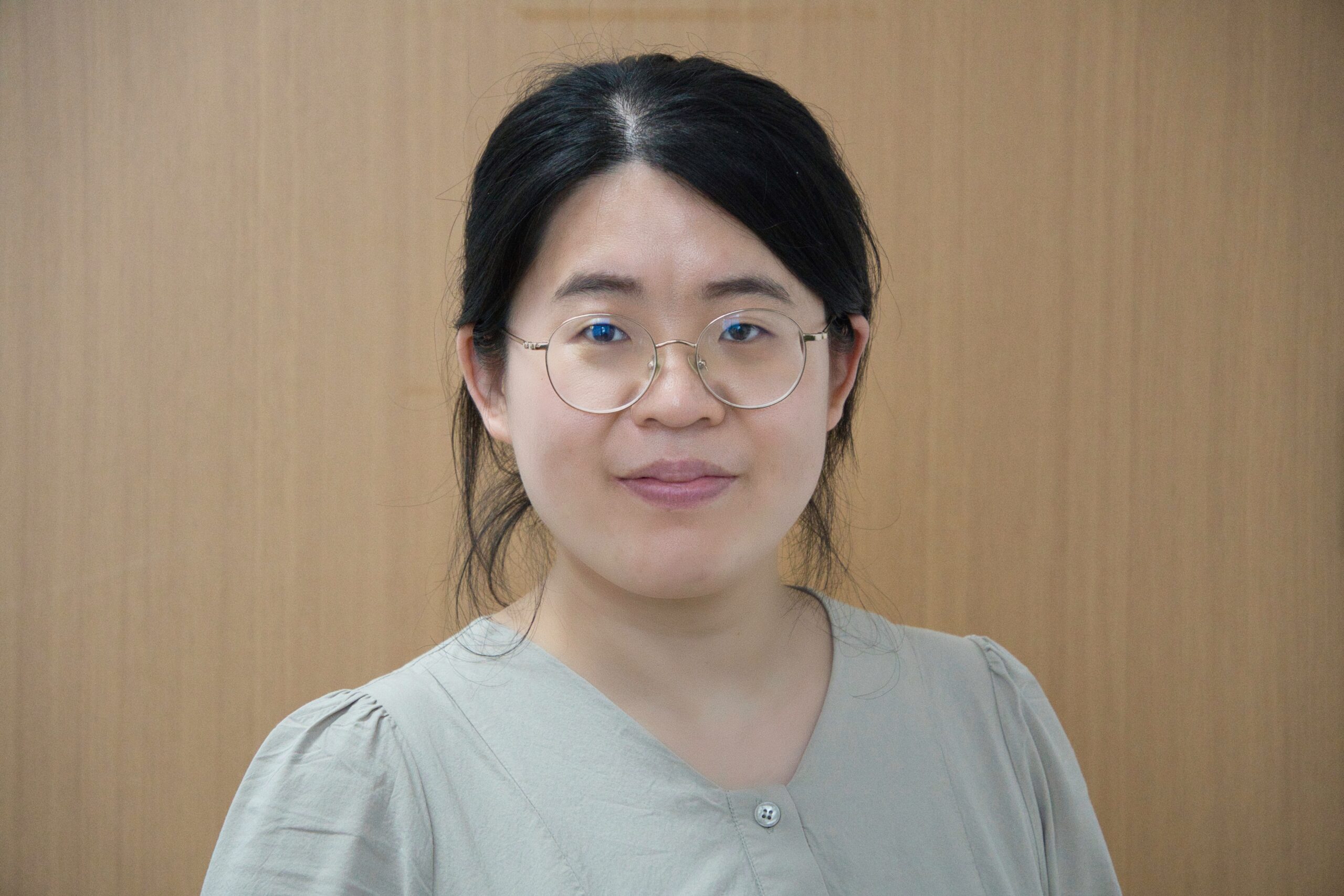Born in Linyi, China • Birth year 1989 • Studied Applied Mathematics at Shanghai Jiao Tong University in Shanghai, China • Highest Degree Doctor in Mathematics • Lives in Shanghai, China • Occupation Assistant Research Scientist
When I was a teenager, I didn’t know what maths studies would be like. But I always took every maths lesson seriously and finished all the maths homework quickly and correctly, which gave me a sense of achievement and satisfaction among peers. I was able to find regular patterns in numbers or common features, which I found very exciting. I was not a very confident girl, but maths gave me strength.
Therefore, I decided to study maths at the University. However, I did not feel like the smartest student and university mathematics was very different from high school. I felt a bit frustrated and didn’t know how to reduce or eliminate the gap. In the second year of university, computational mathematics appeared in my life, which can be regarded as the combination of maths and computer science. Using computer science to solve mathematical problems and translating computer programs into mathematics language are two main aspects. I was attracted by the variety of applications and began to pay more attention to this field in the following semesters. From my Master’s to my doctoral research, my major was always applied mathematics. I did not only choose it because of my interests but also due to the possibility to get into contact with different subjects. Even though I saw more and more women devote themselves to computer science and mathematics, I was still hesitant. Would I do as well as men, as I needed to spend more time with my family? Could I be successful in this field? Could I find my favorite job? I did my best to find the answers to these questions.
If I can solve a problem with mathematics and present the result with a computational method, I will feel very happy.
I encountered many difficulties during my PhD. My advisor is also a woman and she gave me a lot of good advice. She had published many excellent works in optimization and medical imaging and supported my own research immensely. After finishing my PhD, I applied for an academic job in Singapore and worked there for three years. During that time, my husband was working in the US. We had to conquer the difficulty of time and distance. In my opinion, family is a very important part of one’s whole life. Every researcher needs to balance work and life, especially women. In China, women play a more important role in the relationship between husband and wife, the education of children and the connection with friends and relatives. Two years ago, my husband decided to return to China and he found a position in Shanghai. Finding a job in the same city is a big problem for me. I received a lot of help and advice from my collaborators and friends.
Now, maths has become a part of my life. Everyday, I try to solve some problems using mathematics tools and try to deduce some theorem or lemma to interpret the methodology. If I can solve a problem with mathematics and present the result with a computational method, I will feel very happy. My husband works as an assistant professor of mathematics in a university and we can discuss many interesting topics together. I think I can say that maths is my job and my life.
If anyone meets any predicament, I would strongly recommend to struggle. Try it and you will find it worth it.
At this stage of my life, I know what I want, i.e., working on applied mathematics and realizing my ideas. In China, as a woman, I never felt deprived or discriminated against for working in the field of maths or programming at the university. In fact, the contrary is the case and most people I encounter admire that I work in maths and computer science. A common perception in Chinese society is that maths is the most difficult subject and only the smartest people work on the research of it. In China, in order to encourage woman mathematicians to work in academia, many policies about gender quota have been made. In many job applications, women will be preferred over a man applicant if they have the same research abilities.
I am satisfied about the path I took, and very happy I had the courage to choose maths. I used to be afraid that I would not do well. But I know I can do my best, even if I am not the best researcher. Many of the maths students I met went through the same process and most of them did not give up. I think that most of the students that choose maths will persevere in difficult situations. If anyone meets any predicament, I would strongly recommend to struggle. Try it and you will find it worth it.


Recent Comments